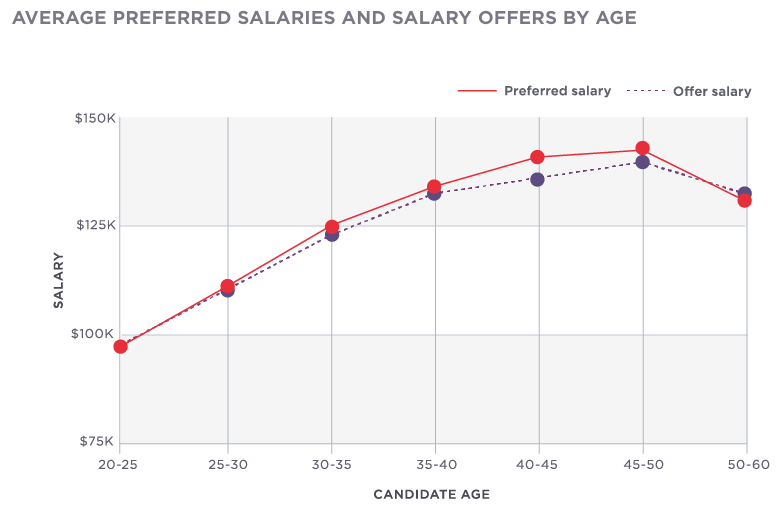The Talent Board (founders of the CandE Awards for the employers with the best candidate experience) recently released their 2016 Talent Board North American Candidate Experience Awards Research Report. This report is well written, packed with exceptional data, and one that I look forward to reading each year.
As you think about your own candidate experience, and as I read this report, one thing screamed out from the pages:
Dispositioning Still Sucks!
From the report:
Disposition Communication Is Still a Struggle. In 2016, 47 percent of candidates were still waiting to hear back from employers more than two months after they applied. Plus, only 20 percent of candidates received an email from a recruiter or hiring manager notifying them they were not being considered, and only 8 percent received a phone call from a recruiter or hiring manager notifying them they were not being considered…
What Candidates Want After six years of candidate experience research, candidates still have one basic expectation of employers when it comes to screening: feedback and communication. Screening and dispositioning is one of the most intimidating aspects of the recruitment process as the majority of candidates do not get the job…Sixty-five percent of candidates receive no feedback after they are dispositioned and only four percent of candidates were asked for direct feedback during dispositioning
Candidate experience is a bit like going to that new restaurant in town. You’ve heard good things. You’ve seen some marketing. It looks awesome from the outside, so you decide to give it a try. Reservations were a snap and easy to do. You get sat almost immediately. Wait staff is tremendous. The menu is easy to understand and enticing. The food comes and it’s brilliant.
You almost can’t believe a place could be this good. You decide you must try the dessert. So, you order it and it comes out. The first bite is taken and it tastes like you have a mouth full of crap! It’s the worst! Oh lord, I’ll never forget that taste!
This is your dispositioning in your candidate experience. It doesn’t matter how good you do on all the steps if you don’t awful on the last step. Still, most of us still suck at dispositioning. It’s the single point of failure on almost every organization’s candidate experience.
Dispositioning sucks so bad, we call it dispositioning! Candidates don’t call it dispositioning. The real world doesn’t call it dispositioning. It’s called, “sorry, you suck, we selected someone we liked way, way better than you”.
So, what can you do about it?
First, you must understand why it is you suck at this. The majority of the people in the world hate conflict. They’ll do anything to avoid it. Telling someone they won’t get a job they applied for, that they truly believe they’re the best for, is big time conflict! HR and Talent Acquisition professionals based on their career path, are probably even at a higher percentage of being conflict avoidant.
Once you come to grips with this, you can design a dispositioning process that actually works for both sides. The other part is to understand the goal of dispositioning is to not make someone happy or satisfied because they won’t be, it’s to inform and educate. Your measures, then, around dispositioning measure those facts, not satisfaction.
I’ve never met someone who didn’t get a job they really wanted and they were ‘satisfied’ or ‘happy’. No, they were pissed and couldn’t understand why. This is why dispositioning, and the measurement of, is so difficult.
Here’s what I would do:
- Set realistic goals around dispositioning. “We will let each person know if they got the job or didn’t within one week of the position being filled.”
- Find a process that communicates this message in the best way for the level of position and interaction with the organization. Mass apply positions with no interview, probably is best through email or SMS. High-level white collar job that went three interviews deep, yeah, that gal better receive a phone call and explanation.
- Pick people to communicate that have been trained on how to give dispositioning feedback to candidates.
- Let everyone know in your company how this looks, since most of your best hires come through referrals, most of your worst dispositions come through referrals.
- Spell out your dispositioning process to candidates up front.

